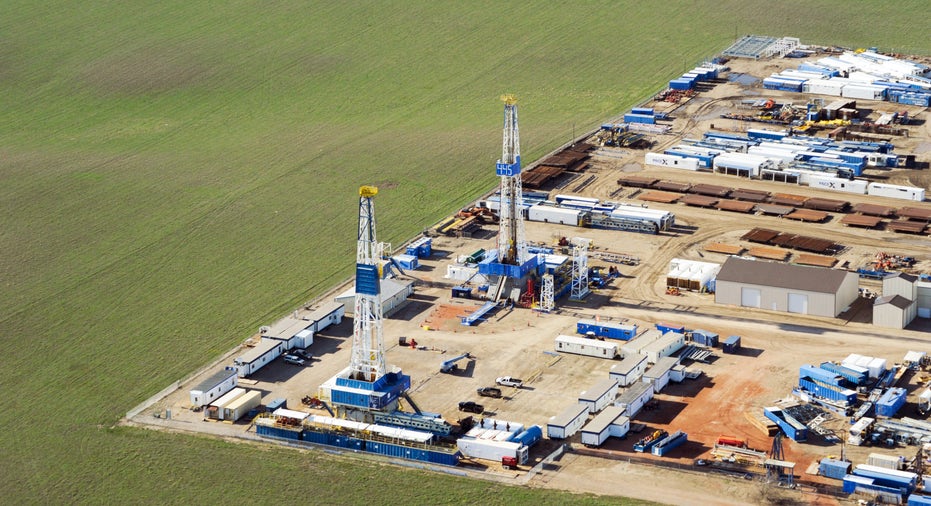Schlumberger Doesn't Expect Major Energy Recovery

Schlumberger (NYSE:SLB) remains pessimistic that oil and gas companies will experience a major recovery in the near future.
Oilfield services companies like Schlumberger have seen their customers idle rigs and pull back spending amid weak crude prices. On Friday, U.S. oil futures were trading near $50.80 a barrel, well below the July 2014 high of $108. As prices continued to slump, rivals Halliburton (NYSE:HAL) and Baker Hughes (NYSE:BHI) attempted to merge in a deal that was ultimately scrapped earlier this year in the face of regulatory opposition.
Schlumberger’s business stabilized during the third-quarter, even though acquisition costs contributed to a sharp decline in earnings. The company said oil supply and demand is now “more or less balanced” with inventory levels consistently dropping toward the end of the period. OPEC’s potential production freeze and forecasts for stronger oil demand than expected lead Schlumberger to believe that more inventory draws are coming.
Still, the industry’s rebound could be muted.
“We maintain that a broad-based V-shaped recovery is unlikely given the fragile financial state of the industry,” Schlumberger Chairman and CEO Paal Kibsgaard said, “although we do see activity upside in 2017 in North America land, the Middle East and Russia markets.”
Kibsgaard also said the outlook for investments in exploration and production next year remains unclear, adding that Schlumberger’s customers remain in the planning stage for 2017.
The most recent rig count compiled by Baker Hughes tallied 539 active rigs in the U.S. as of Oct. 14, up 15 from the prior week but down 248 year-over-year.
Schlumberger’s third-quarter profit slipped 82% to $176 million, or 13 cents a share. Adjusted earnings, which exclude costs related to the acquisition of equipment maker Cameron International, were 25 cents a share. Revenue fell 17% to $7.02 billion.
In North America, revenue was down 25%. International revenue declined 13%.
Earlier this week, Halliburton reported a surprise profit from its fiscal first quarter. The company also indicated that business in North America had improved.



















